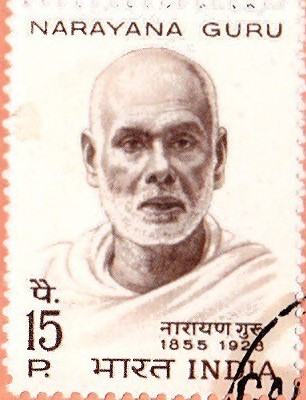
Sree Narayana Guru
Information Sheet for the commemorative postage stamp on the Birth Anniversary of Sri Narayan Guru, an Indian spiritual leader and social reformer :
Issued on Aug 21, 1967
Issued for : The Posts and Telegraphs Department feels proud in bringing out a special postage stamp on his birthday which falls this year on the 21st August.
Type : Information Sheet (Brochure) bearing an Adhesive Postage Stamp with First Day Special Cancellation Postmark.
Colour : Dark Brown
Denomination : 15 Paisa
Overall Size : 3.34 x 2.46 cms.
Printing Size : 2.99 x 2.1 cms.
Perforation : 14 x 13½
Watermark : Printed on unwatermarked paper
Number Printed : 20,00,000
Number per issue Sheet : 54
Printing Process : Photogravure
Designed and Printed at : India Security Press
Name : Narayana Guru
Born on Aug 21, 1855 at Chempazhanthy, Thiruvananthapuram, Kerala, India
Died on Sep 20, 1928 at Varkala, Thiruvananthapuram, Kerala, India
About :
- “One in kind, one in faith,
One in God is man,
Of one same womb, one same form,
difference none there is at all.”
The above inscription on one of the walls of his Ashram epitomizes the philosophy and a way of living which Narayana Guru has expounded throughout his teachings. - Nanu, who came to be later known as Narayana Guru was born in a village near Trivandrum in the year 1855. His parents were simple village folk devoid of any ostentation and far removed from the sordid life of the more well to do. The sensitive spirit of Narayana Guru was nurtured in this gentle and human atmosphere. The neatness of a scholar went with him from his earliest days. The boy lost his mother when he was only 15 years of age. Soon after completing his education, he disappeared into the mountainous regions near Cape Comorin (presently, known as Kanyakumari) and lived in caves, practising the most intense introspection in search of Truth. As his personality matured, he emerged from seclusion as a spiritual teacher whose words came to be listened to with great reverence, as an echo of the ancient wisdom of the Orient. For 15 years he now travelled incessantly attempting to bestow wisdom and light on the people of the country. He helped them to have cleaner habits. He introduced and set an example in better diet. He gave an impetus to right moral standards. He pointed the right road to reform and prosperity and to see clearly through maladjusted emotions and he left behind his thoughts and teachings in the form of verses and writings for posterity to learn and follow.
- His teachings embodied an integrated way of thinking having a direct bearing on individual or collective human happiness with the primary role of enabling men to discover universal human values. The quintessence of his teachings was that, human interests, whether collective or individual had their common centre in the self. The self was the secret key to all human values. The same theme has been expounded from the time of Protagoras twenty-four centuries ago who held that “Man is the measure of all things”. Contemplative self-knowledge through reflection, according to Narayana Guru, was the culminating science which resolved this theme and religion had to be logically understood as seeking to better man’s relations with his fellows, endeavouring to raise him truly to a higher status as “Man”. Religion, therefore, could not afford to be exclusive; neither should it tend to be orthodox or even heterodox; and it was immaterial in matters of everyday life what creed a man professed as long as he did not transgress the bounds of common human goodness. Thus, he expressed himself :—
- “Whichever the religion,
It suffices
If it makes a better man”.
- “Whichever the religion,
- Narayana Guru’s teachings called for a meditative approach for a better human life and understanding as against sophistry, hair-splitting doctrines, eristic arguments or vain disputations. His life was in every detail an example of the principle which he enunciated :—
- “Acts that one performs for one’s own sake,
Should also aim the good of other men”.
- “Acts that one performs for one’s own sake,
- Narayana Guru entered Maha Samadhi or the great silence on the 20th September, 1928. Through his way of living and his teachings, he set in motion a force for the regeneration of his fellow countrymen.



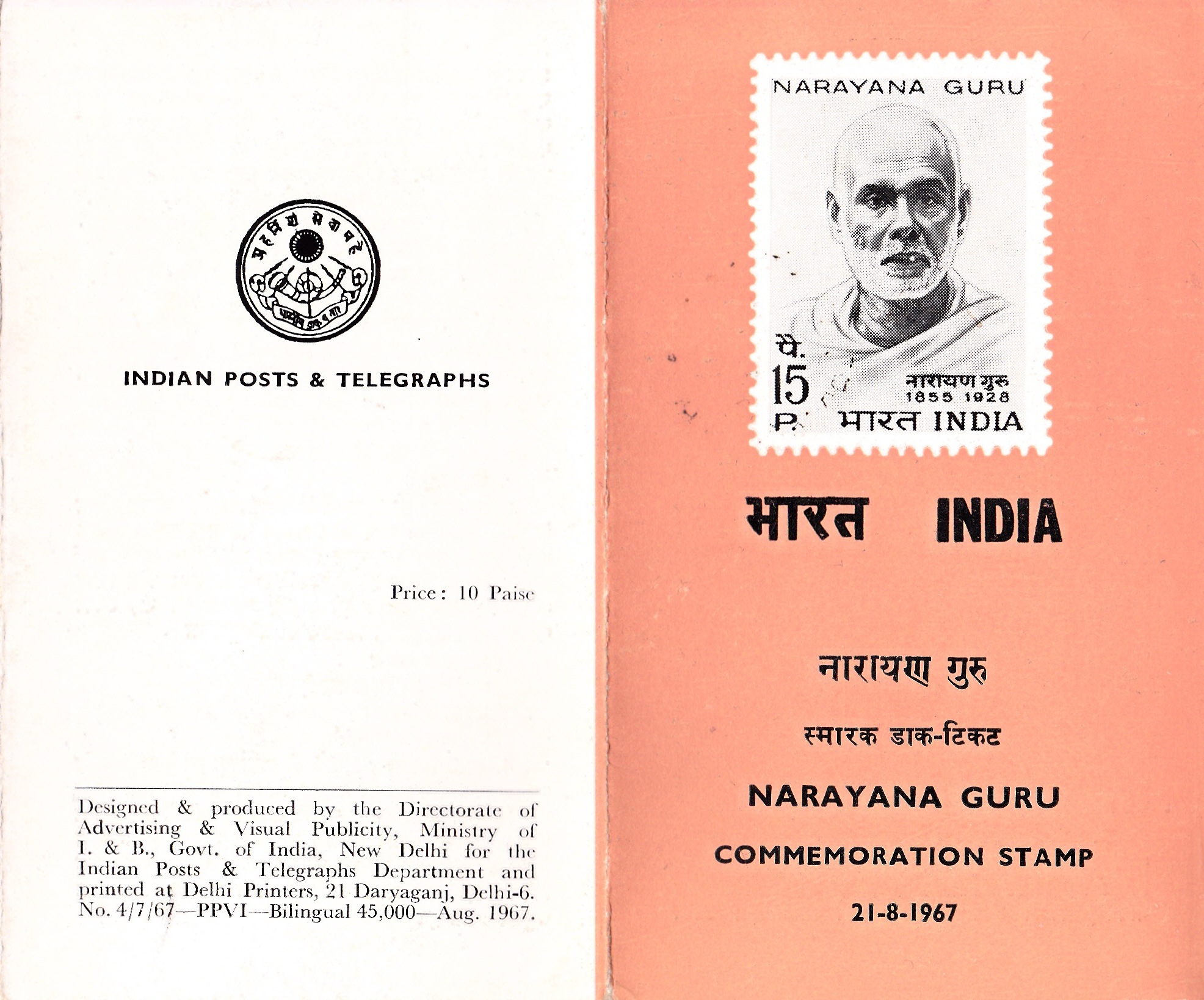
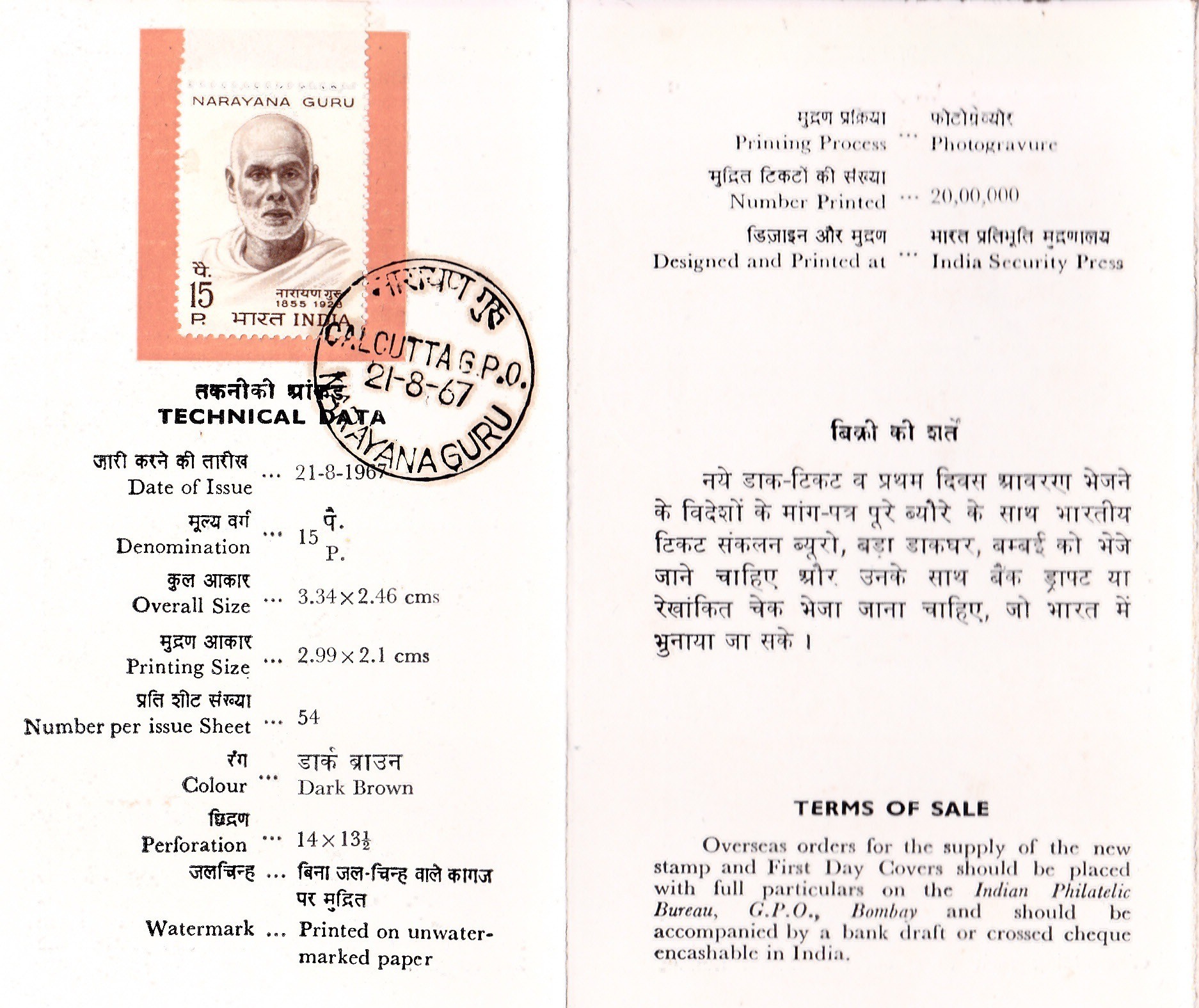
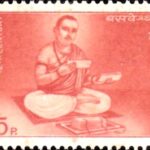
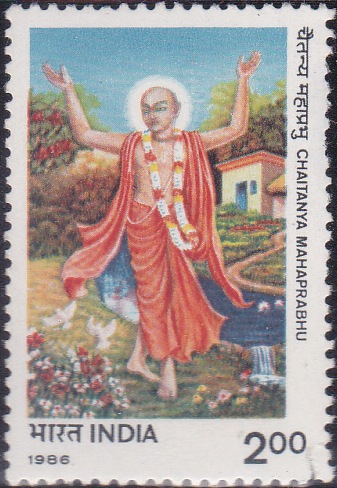
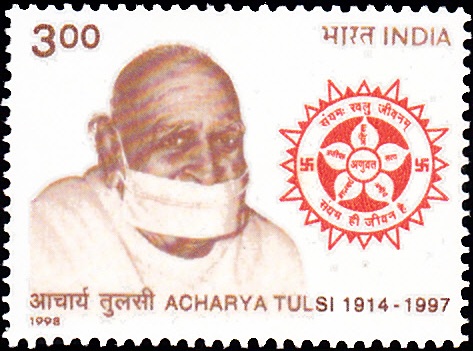
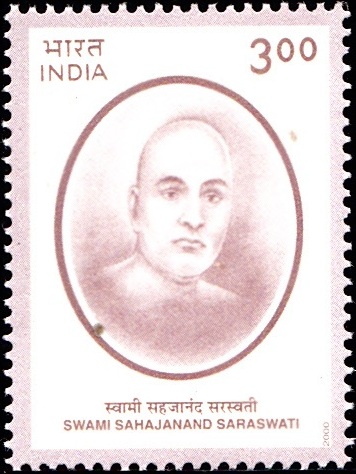
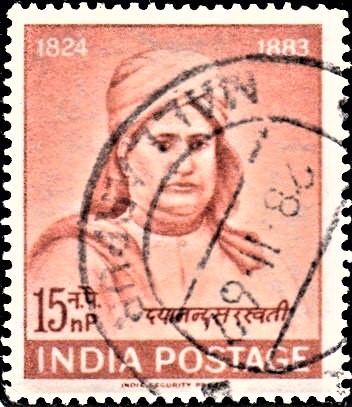
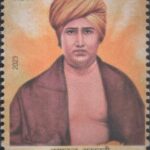
[…] obtaining BA and BL degrees, he started legal practice at Kollam. He imbibed the teachings of Sree Narayana Guru, the great sage and social revolutionary and was gradually attracted to the dynamic philosophy of […]
[…] the opinion that the cultural revolution following the social emancipation movements initiated by Sree Narayana Guru, Ayyankali, V.T. Bhattathiripad and others was the outcome of Panicker‘s library movement. He […]
[…] in Kerala. His boyhood was spent in learning Malayalam and Sanskrit, and after his contact with Sri Narayana Guru, the greatest Social Reformer of modern Kerala, he took to an intensive study of Hindu religious […]